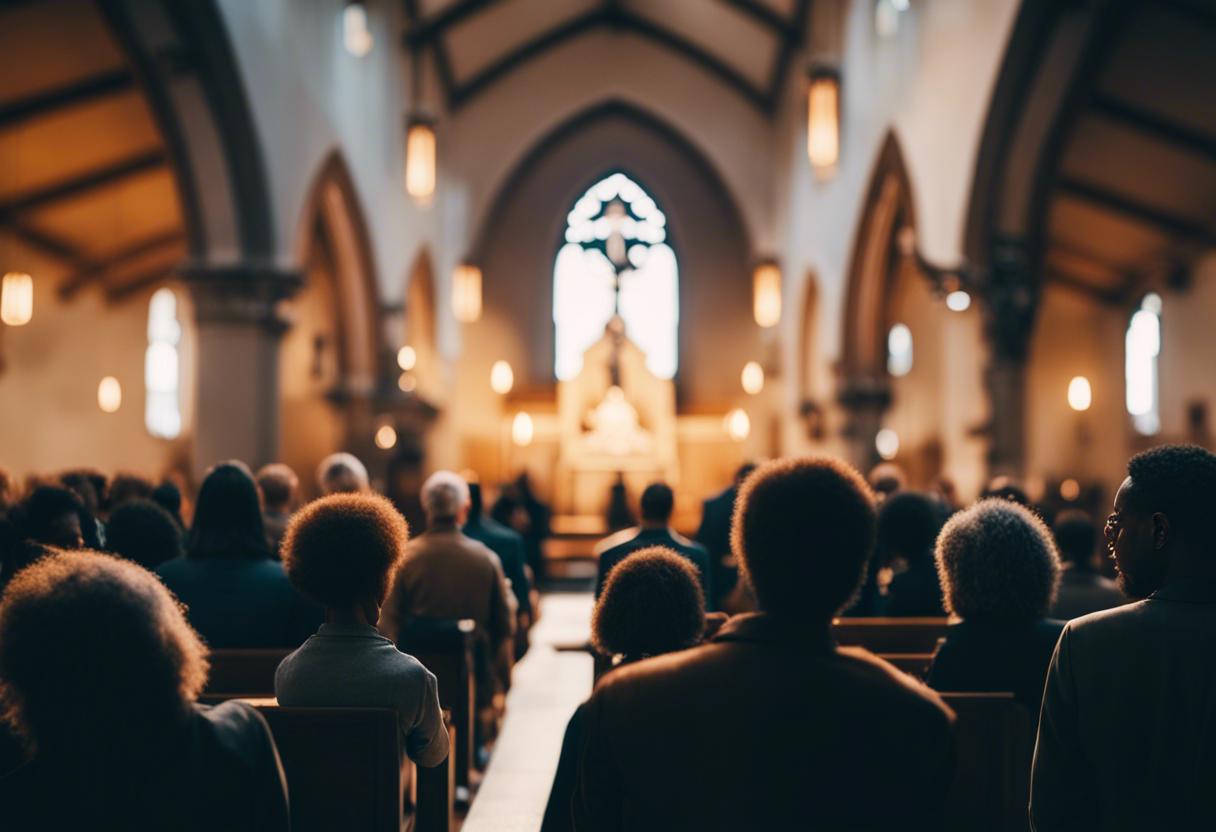A recent investigation into ageing in Ireland furnishes a terse appraisal of issues related to loneliness during advanced years. The Irish Longitudinal Study on Ageing (Tilda), researching 8,000 senior citizens residing locally, indicates that one out of ten evidence clinically significant degrees of depression, with 4% confessing they had contemplated death in the lead-up to the Tilda conversation.
The research has discerned, however, that participation in religious events serves as a vital shield. It cites numerous previous findings positing that loneliness and depression are lesser issues among those who regularly engage in religious activities.
“The powerful guard provided by religious participation hints at a strategic solution that may be acceptable to older individuals,” deduced the writers of the study.
Debate regarding whether the sociability or the spiritual component of regularly visiting the church holds more significance has been raised. “In case sociability is more crucial, then social activities – not only those linked to religious practices – may be a preferable choice, especially with the ongoing rise of secularity,” the report suggests.
Clarendon Street Church, located near Grafton Street, has thrived as a spiritual refuge amidst Dublin’s thriving retail district for a long time. The church represents a nod to a time when religious refuge was a common practice amongst workers during breaks or post-work.
Father John Grennan, a Carmelite priest with over 50 years of service, notes a dedicated group of habitués, predominantly seniors. He remarks that these individuals “are the kind of people who show up consistently”. While they grapple with the same issues, Father Grennan argues that their faith grants them the resilience and perspective needed to navigate these challenges.
Sean Murray, aged 81, has been a long-standing member of the Carmelite Church. According to him, the regular church-goers share a profound connection with each other, so one never feels isolated. If they face a problem or a dilemma, there’s always someone ready to lend a supporting ear. “My upbringing was in a family with deep religious faith,” Murray reflects. “There have been certain moments in my life when I felt supported, and I don’t think it was mere luck. I have never experienced loneliness.”
Echoing his views, Muriel O’Neill added that the church also fulfils a social role by keeping people connected. This is a place where they can meet their counterparts and engage in conversations. “This sense of communal harmony is lacking in modern society. Today’s youth too are grappling with loneliness,” she noticed.
Teresa Balfe, a close friend of Muriel, believes that religious faith assisted her mother in coping with advanced age and ultimately her passing. “I believe her faith eased her acceptance of death, providing some semblance of tranquility. Death seems to be a tougher challenge for people nowadays,” she opined.

